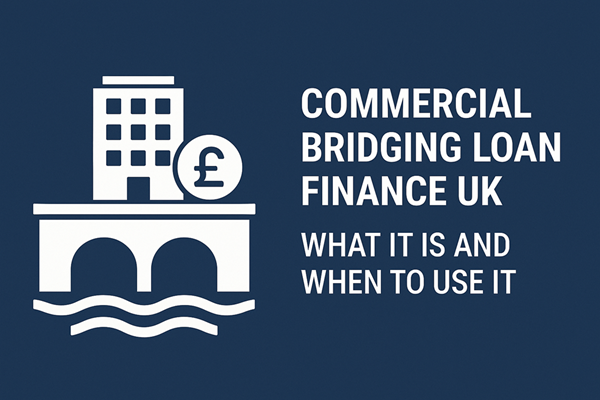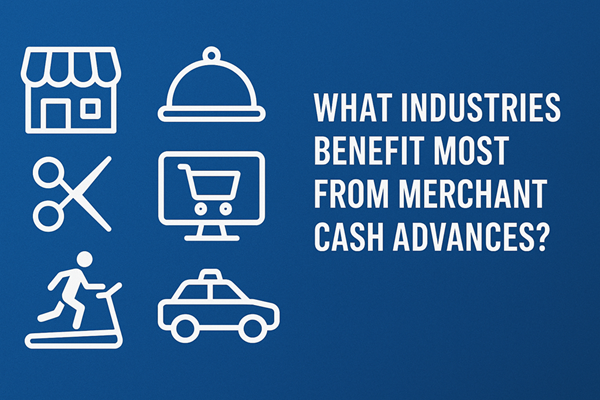Merchant Finance: A Guide
What is Merchant Finance
This is a finance product specifically designed for businesses that accept credit and debit card payments from customers. Merchant finance providers offer cash advances to businesses based on their expected future credit and debit card sales. The money that you borrow is repaid through an agreed percentage of each transaction made by customers using credit or debit cards via your card terminal.
Merchant finance can also be a useful financing option if you need quick access to capital but may not qualify for traditional loans or lines of credit. The amount of cash advance that you receive will depend on the repayment terms and the businesses sales volume.
The Benefits of Merchant Finance
There are many advantages of merchant finance, some of which can be found below:
Quick access to capital: Merchant finance offers businesses quick access to cash.
No collateral required: Businesses do not need to provide collateral to secure a merchant cash advance.
Flexible repayment terms: Repayment terms for merchant finance are based on a percentage of the business’s future credit and debit card sales, aligning with the business’s revenue stream.
Easy application process: The application process for merchant finance is often simple and straightforward, requiring minimal paperwork.
Repayment schedule: Does not require a fixed schedule for paying back the loan owed.
Use of funds: Merchant finance can be used for a variety of business needs, from inventory purchases to marketing expenses.

Yes, there are some potential disadvantages of merchant finance, including:
Higher costs: Some providers may charge higher fees and interest rates due to the higher risk involved.
Limited borrowing amount: Merchant finance is typically limited to a certain percentage of the business’s future credit and debit card sales.
Impact on cash flow: As merchant finance is based on a percentage of the business’s future credit and debit card sales, your business’s cash flow and revenue stream may be affected.
Sales volume requirement: Providers often require a minimum level of credit and debit card sales to qualify for financing.
Short repayment term: Merchant cash advances often have a shorter repayment term than traditional loans, making it difficult for some businesses to manage cash flow.
Potentially restrictive terms: Some providers may include restrictive terms in the financing agreement, such as exclusivity clauses requiring the business to only use the provider’s payment processing services.
FAQ’s About Merchant Finance
What types of businesses can qualify for merchant finance?
A: Any business that accepts credit and debit card payments from customers
How much can I borrow with merchant finance?
A: The amount you can borrow is based on a percentage of your future credit and debit card sales; this may also be limited by the provider’s underwriting criteria.
How quickly can I get funding with merchant finance?
A: Businesses may be able to access funds in as little as 24 to 48 hours.
What are the fees and interest rates associated with merchant finance?
A: Costs can vary depending on the provider and the terms of the financing agreement.
How is repayment structured with merchant finance?
A: Repayment for merchant finance is typically based on a percentage of your future credit and debit card sales, with a fixed percentage of each transaction going towards repayment.
Are there any restrictions on how I can use merchant finance funds?
A: Merchant finance funds can be used for a variety of business needs. As long as it is business related you can fund it
Can I get merchant finance if I have bad credit?
A: Some lenders may consider businesses poorer credit ratings, however, the terms of the agreement, plus interest costs and fees may be less favourable for those types of borrowers.
It’s important for businesses to carefully consider the costs, terms and potential benefits and drawbacks of merchant finance before deciding if it’s the right financing option for their needs.







